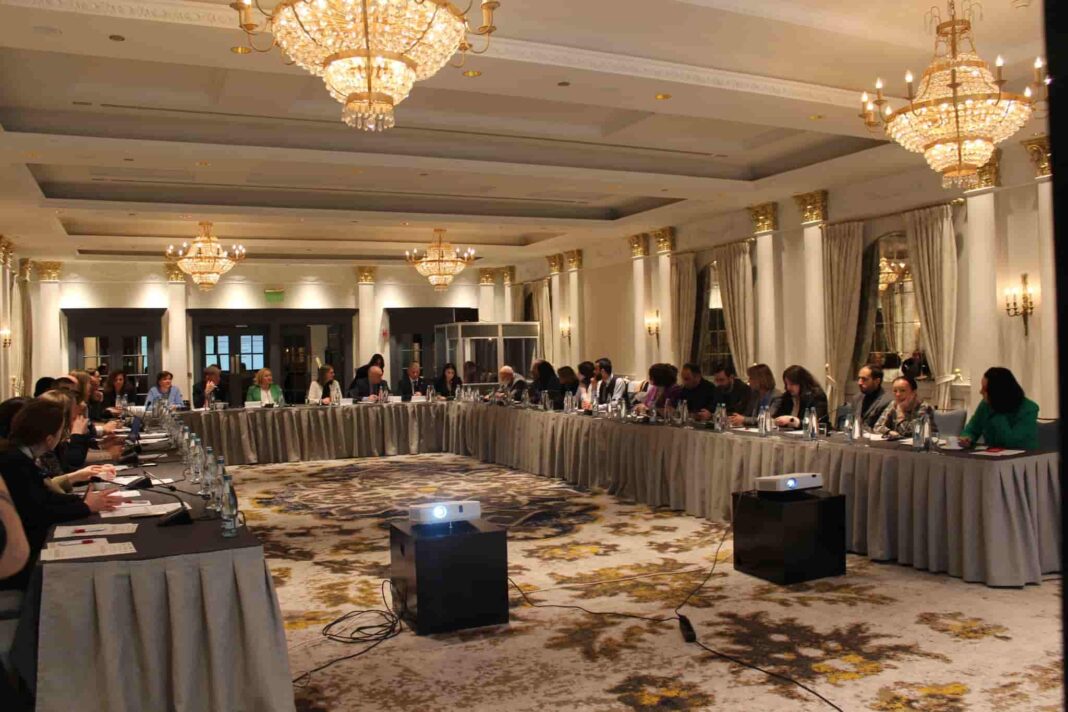Tbilisi: Recently, a second plenary meeting dedicated to the National Guide to Transition to the Circular Economy of Georgia was held. It discusses the process of transition to the circular economy of Georgia.
Solomon Pavliashvili, Deputy Minister of Environment and Agriculture of Georgia attended the second plenary meeting. Solomon Pavliashvili said, “We usually talk about the green economy at various levels, which consists of a circular economy with the main emphasis.”
It’s now the new platform and the right way to promote Sustainable Development Goals in the country and region, and it enables us to use second-cycle waste as raw materials and create new, added value and jobs. Georgia has developed a circular economy. Georgia is focused on implementing a green economy. The next step is to develop a guide to define the strategy and the outline of the events.
In the plenary meeting, the Inter-agency Coordination Council was established to promote the transition to the circular economy by the Georgian Government and the expert team of the organisation responsible for the development of the guide the Union of Nature Researchers of Georgia “Orkisi” participated.
It is specifically to be mentioned that during the meeting, a round table meeting was also held with the participation of experts from SBMC “Orkis” and members of the Inter-Administrative Coordination Council, with the aim to discuss the main recommendations of the 2022 Report for the Circulation Level Assessment and to identify the work directions for the development of the Circulation Economy Guide.
This plenary meeting was organised by the Ministry of Environment and Agriculture of Georgia and SBMK “Orkisi” Under the framework of the United Nations Development Program project “Governance Reform Fund” (GRF) subproject “Supporting the Georgian Government in the process of transition to a circular economy to strengthen governance and policy” and is funded by the Swedish Government.
Notably, This sub-project is implemented by SBMK “Orkisi”, and the Ministry of Environment and Agriculture of Georgia has a coordinating role.
With the effect of climate change a circular economy has become a necessity. Many countries of the world are making the best effort to switch to a Circular economy. This is being seen as the best alternative to the traditional method of the economic system.



